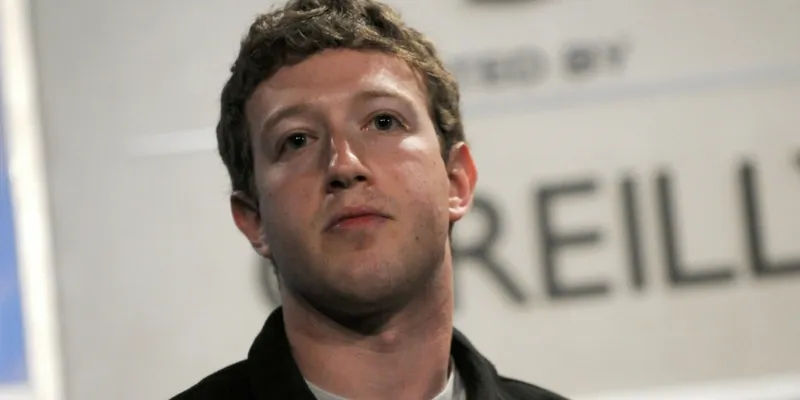Facebook reveals it shared user data with 52 tech companies, including Alibaba, Huawei, Oppo, Samsung
Some of these deals have expired but Facebook continues to have data-sharing partnerships with Apple, Amazon and a few others.
In a fresh set of revelations following the Cambridge Analytica data scandal that rocked Facebook this year, the social network has revealed that it shared user data with 52 tech firms including ecommerce platforms, mobile handset-makers, software firms etc. The latest revelations were made in Facebook’s response to the Energy and Commerce Committee of the US House of Representatives.
The Mark Zuckerberg-owned firm revealed that it had data-sharing partnerships with several Chinese tech companies, including Alibaba, Huawei, Lenovo, Oppo and TCL, software biggies Microsoft and Qualcomm, Korean phone manufacturer Samsung, and others. Facebook shared users’ names, genders, dates of birth, current city, hometown, photos, and page likes with developers in these firms. Even Mozilla and Opera used Facebook user data to enable browser notifications.

Some of these deals, especially those with smartphone companies, were openly done. However, Facebook claims that it has ended partnerships with 38 of the 52 firms mentioned. Seven more are slated to expire in July, while some are ending October.
Meanwhile, Apple and Amazon too have data-sharing deals with Facebook that extend beyond October 2018. Accessibility app Tobii, which allows ALS (amyotrophic lateral sclerosis) patients to access Facebook, will continue its partnership as well.
“While these partnerships weren’t necessarily nefarious in intent, there are concerns Facebook has been using semantics to share data beyond an FTC [Federal Trade Commission] consent decree requiring the site to obtain permission before collecting more data than a person’s privacy settings allow,” according to reports.
Under the ‘consent decree’, which Facebook had inked with FTC in 2011, it was supposed to seek user permission before sharing data with third-party applications. It was also meant to share only the information required by those apps to function normally. However, Facebook allegedly provided access to almost all user information to these apps, and failed to conduct two-yearly audits as promised.
Facebook, however, has denied any violation of consent decree. It said that the data-sharing happened only to improve its services across platforms and devices.
The company wrote in its 747-page report,
“People went online using a wide variety of text-only phones, feature phones, and early smartphones with varying capabilities. In that environment, the demand for internet services like Facebook, Twitter and YouTube outpaced our industry’s ability to build versions of our services that worked on every phone and operating system.”
Earlier, in May, Facebook had suspended over 200 third-party apps on its platform as part of its audit in the aftermath of the Cambridge Analytica data scandal. The social network is investigating “all the apps that had access to large amounts of information” before its platform policies changed in 2014 — which significantly reduced data access to apps. Facebook said that it had deployed “large teams of internal and external experts” to investigate these apps as quickly as possible.







